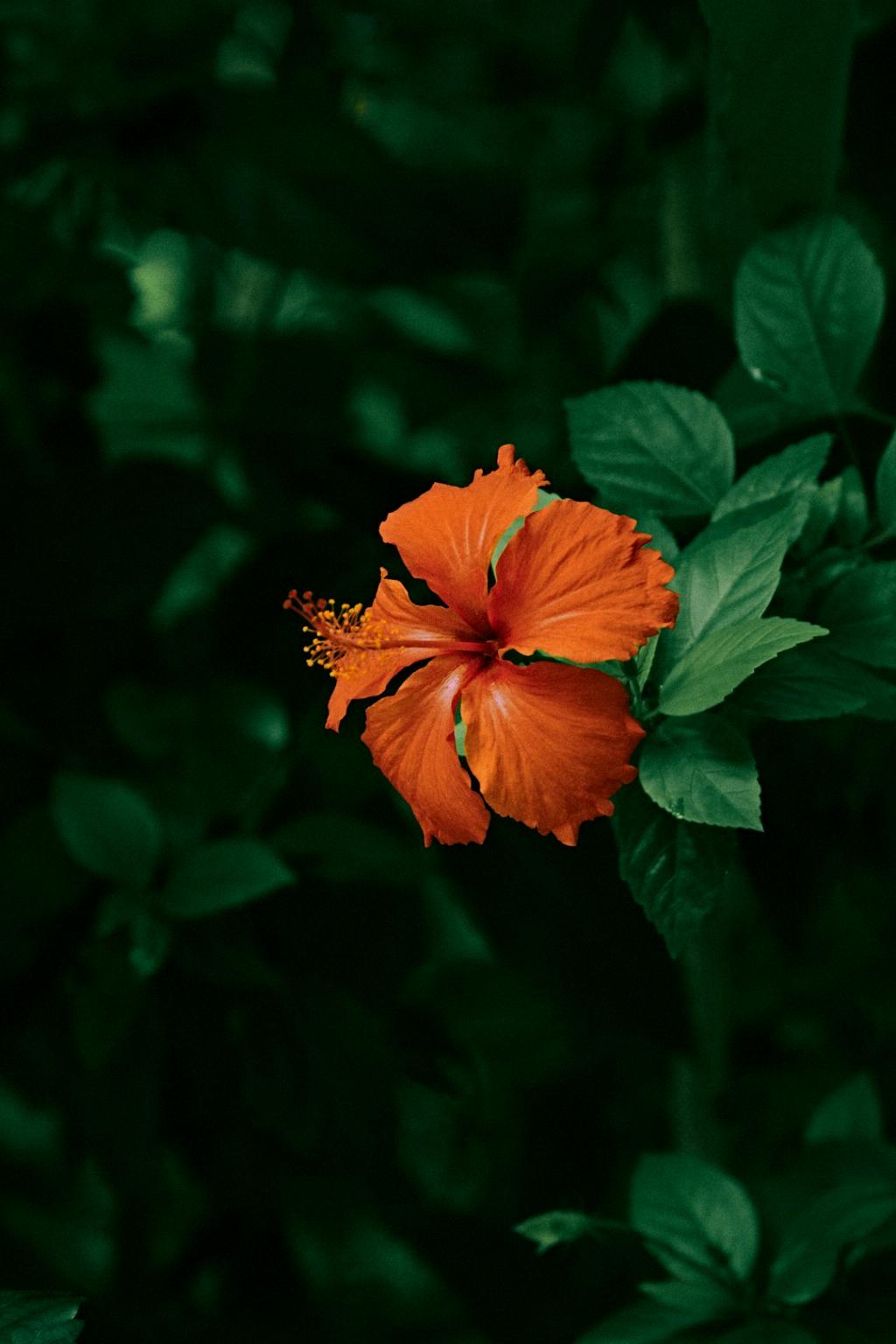When it comes to pregnancy, it is crucial to be extra cautious about the food and beverages you consume. Many herbal teas and remedies can have a significant impact on the delicate balance of hormones and bodily functions during pregnancy.
Hibiscus, a popular flower known for its vibrant color and tangy flavor, has been associated with potential risks during pregnancy. The emmenagogue effect of hibiscus, which can stimulate blood flow to the uterus, has raised concerns about its impact on pregnant women.
Research suggests that hibiscus tea and extracts may have the ability to induce menstruation by promoting uterine contractions. This effect, while beneficial for some women seeking to regulate their menstrual cycle, can pose a risk for pregnant women.
Some of the potential side effects of consuming hibiscus during pregnancy include cramping, bleeding, and the possibility of triggering early labor. These effects can increase the risk of miscarriage, a heartbreaking outcome for expecting mothers.
It is essential for pregnant women to exercise caution when it comes to herbal teas like hibiscus. Consulting with a healthcare provider or a qualified professional before incorporating hibiscus into your diet is highly recommended to assess the potential risks involved.
While hibiscus is generally recognized as safe for consumption in moderate amounts for most individuals, its effects on pregnant women can be more pronounced due to the changes happening in the body to support the growing fetus.
Studies have shown that certain compounds present in hibiscus may have a uterotonic effect, meaning they can stimulate contractions of the uterus. This effect can be particularly concerning during pregnancy, as it may heighten the risk of complications such as miscarriage.
Although there is ongoing research to understand the full scope of hibiscus’s effects on pregnancy, current evidence suggests that it is advisable for pregnant women to err on the side of caution and avoid consuming hibiscus products.
Pregnancy is a time of great sensitivity and care, and making informed choices about what you eat and drink is vital for the health and well-being of both the mother and the developing baby. Hibiscus, with its potential to induce uterine contractions, should be approached with caution during pregnancy.
It is always best to prioritize the safety and health of the unborn child, and avoiding potentially harmful substances like hibiscus can help reduce the risk of complications and ensure a smoother pregnancy journey.
Ultimately, the decision to avoid hibiscus during pregnancy is a precautionary measure to safeguard the well-being of both the mother and the developing fetus. Consulting with a healthcare provider for personalized advice and guidance is crucial in making informed choices during this critical period.

